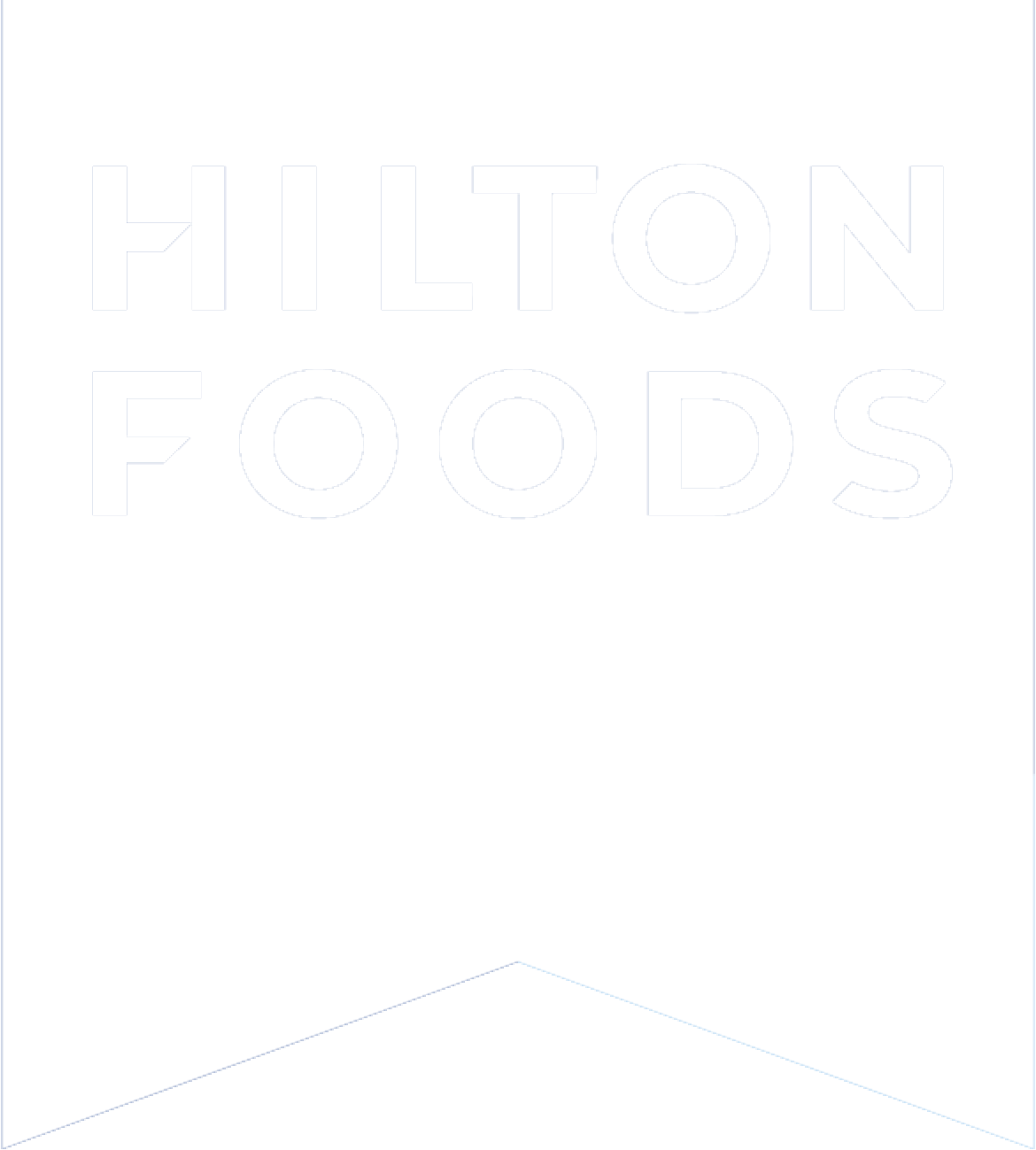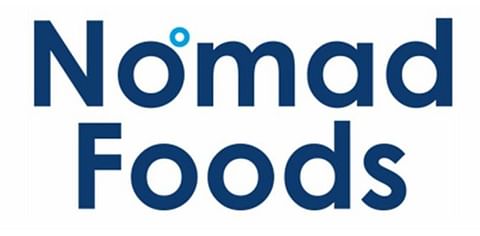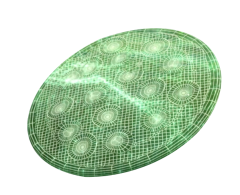MORE FROM OUR CHANGEMAKERS

98.78% recyclability rate
98.78% recyclability rate
The company has made significant advancements in sustainability and waste reduction. They've downgraded the film thickness on their pizza products from 15 to 12.5 microns, reducing material usage. They've also adapted their packaging instructions to include relevant labelling for the Irish market, promoting responsible recycling practices. In terms of recyclability, they achieved an impressive 95.9% recyclability rate by the end of 2021, which increased to 98.78% in 2022. Their primary focus remains on enhancing recyclability, with a strong emphasis on using recycled content in their rigid plastic packaging. Furthermore, they are actively engaged in the 10:20:30 project, demonstrating their commitment to reducing food waste and promoting sustainable practices across their operations.

Nomad Foods Plans for 2023
Nomad Foods Plans for 2023
In 2023, the Naas production site is prioritising film optimisation through standardising settings following the installation of new flow wrap machines on packing lines. They are also committed to expanding specific recycling information for Irish consumers across other Nomad brands.
Their sustainability goal of achieving 100% recyclable packaging remains on track. Furthermore, they have active projects to incorporate a minimum of 30% post-consumer recycled content in bale and pallet wrap for various production sites. Ensuring shelf life is unaffected and maintaining membership in the 10:20:30 initiative are also ongoing priorities, demonstrating their dedication to sustainable practices and waste reduction.
Nomad Foods Plastic Pledge Objectives
Nomad Foods Plastic Pledge Objectives
Achievements for 2022
In 2022 we completed and fully implemented two major projects in our Irish based manufacturing plants. On primary packaging we have downgauged film from 15 to 12.5 micron on all our finished pizza products and production lines on both sites. This project has delivered a total annual reduction of 93 tonnes of plastic from primary packaging from Naas and Longford.
On secondary packaging we have also now completed installation of new balers in one of our packing lines in our Naas facility. This project delivered a total reduction of 72 tonnes per annum of plastic from our secondary packaging.
At the end of 2022 we removed the reseal from our Birds Eye peas and natural vegetable ranges, based on 2022 volumes this has removed 160 tonne of plastic annually across the UK and Ireland.
Plans for 2023
Pizza: In 2023 Naas production site is looking to optimise film usage by standardising settings after the installation of new flow wrap machines on packing lines which would allow for further reduction in material usage. Plastic downgauge projects are running across Birds Eye and Aunt Bessie over 2023. Trials are ongoing currently.
Achievements for 2022
In 2022 following REPAK’s advertising campaign to raise awareness of the inclusion of flexible plastic with domestic household recycling collections, as a business we have updated messaging on all Goodfella’s branded consumer packaging to include specific recycling information for the Irish market. Instead of only carrying UK only OPRL based ‘Don’t recycle at home’ instructions for plastic packaging we use the relevant labelling for the Irish Market.
As a business we also continue to run ‘learning vitamins’ on what can and can’t be recycled at home with consumers. This is to improve the education of colleagues on what they can also do at home.
Plans for 2023
In 2023 we will continue to roll out specific IE consumer recycling information on other Nomad brands (Aunt Bessie’s, Birds Eye) when the opportunities arise to update packaging.
Achievements for 2022
As a business any packaging materials for new product development must be in line with recyclability criteria
or guidelines for specific markets and meet Nomad CSR objectives. New packaging for projects cannot be progressed if not recyclable. Existing packaging portfolios are being reviewed to increase recyclability.
2021
At the start of 2021, 87.6% of packaging was recyclable. Over 2021, our vegetable bags have been moved to a recyclable film accounting for 8.3% of our packaging portfolio.
At the end of 2021, 95.9% of our packaging is recyclable with a small amount remaining still to move to recyclable packaging. In 2022 we achieved a recyclable rate of 98.78%.
Plans for 2023
We are working towards 100% of packaging being recyclable, this is currently on track. Key focus areas are our cook in pack products (Steamfresh) and bagged poultry. We are still trialling to deliver recyclable films across these final areas.
Achievements for 2022
Our priority area is recyclability and while no additional plastic materials have recycled content all rigid plastic already have a high level of recycled content.
Plans for 2023
We have trials on chemically recycled content for some products this year in food contact. No more details can be shared as this is commercially sensitive. We are however working on non-food contact materials with recycled content that we are trialling over 2023. Projects are underway on both bale and pallet wrap to include minimum 30% post-consumer recycled content for various production sites.
Achievements for 2022
All packaging changes have been tested to ensure that shelf life isn’t impacted and we are part of the 10:20:30 project on reducing food waste.
Plans for 2023
Continue to ensure shelf life isn’t impacted and membership to 10:20:30.


Case Study
Armark
Aramark’s plastic consumption reduced from 19% of our food packaging category in our F21 financial period to represent only 9% of the category during F22.
Read Case Study


Case Study
ABP
All avoidable single-use plastics are being phased out across our business with respect to catering activities on-site. We have introduced reusable options where possible or alternative material options.
Read Case Study


Case Study
Hilton Food Ireland
Significant progress has been made in waste reduction and sustainability efforts.
Read Case Study


